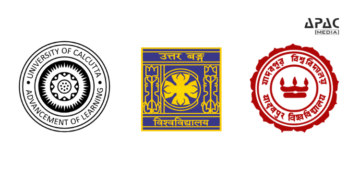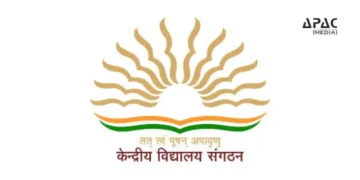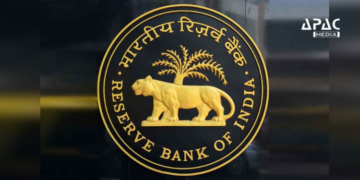New Delhi: In a move to address the growing threat of digital fraud in India, Google unveiled its ‘Safety Charter’ at the Safer with Google India Summit held on 17 June. The initiative outlines a multi-pronged strategy to strengthen cybersecurity across sectors, enhance fraud detection and ensure the responsible use of artificial intelligence.
The charter is built around three central goals:
- Protecting internet users from scams and digital fraud
- Strengthening cybersecurity for government bodies and private organisations
- Ensuring the responsible development and deployment of AI technologies
The initiative follows a surge in phishing attacks, scam websites, and fraudulent activity targeting Indian users, with Google noting a sharp evolution in threat patterns. Under its digital safety efforts, Google’s AI systems now detect 20 times more scam websites than before. The company claims that scam incidents involving fake customer service portals and impersonated government platforms have dropped by 80 per cent and 70 per cent, respectively.
Google Messages is reportedly blocking over 500 million scam texts each month, while Gmail is filtering out over 99.9 per cent of phishing, spam, and malware content. In the financial sector, Google Pay has issued more than 4.1 crore fraud alerts and claims to have prevented fraud worth Rs 13,000 crore in 2024 alone.
A key component of the charter is the ‘Digikavach’ programme, which combines AI tools and public awareness campaigns. Since its rollout, it has reportedly reached over 17.7 crore Indians. Additionally, the Google Play Protect system, launched in India in October 2024, has blocked nearly six crore risky app installations across 1.3 crore devices.
































































Discussion about this post